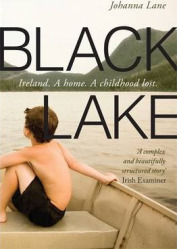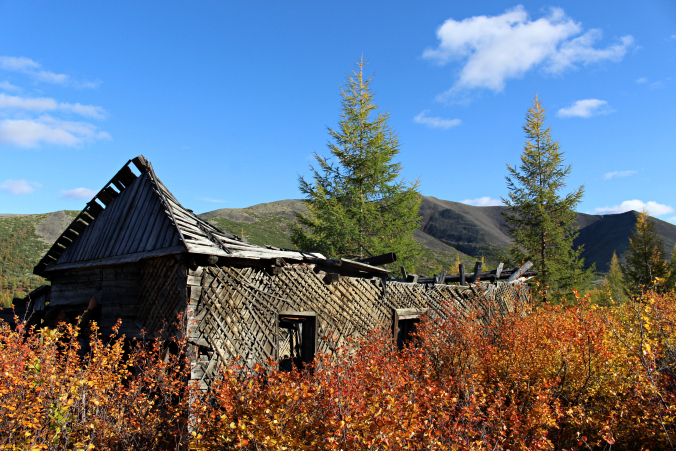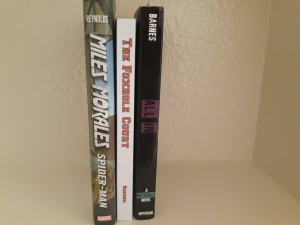Loving stories about old houses, and the families which live in them, Black Lake by Johanna Lane piqued my interest as soon as I spotted its blurb on my local library catalogue. Despite Ireland being a country that I love to visit, I have found of late that barely any Irish literature has made its way onto my yearly reading lists. Of course, I wanted to rectify this, and again, Black Lake ticked that box.
The Irish Examiner calls the novel: ‘A complex and beautifully structured story’, and the Irish Independent writes: ‘Lane’s prose is graceful, textured and her elegant style reflects the Campbells’ glazed retrograde world.’ John Burnside also praises the novel highly,  deeming it: ‘A beautiful portrait of a family faced with unbearable loss.’
deeming it: ‘A beautiful portrait of a family faced with unbearable loss.’
The Campbell family have lived on a sprawling estate named Dulough, the Irish for ‘black lake’, on the Irish coast of Donegal, for generations. Like many families whose homes have been handed down, the Campbells have run out of money, and have little choice but to let the government take over the care and upkeep of the house, making it into a ‘tourist attraction’ in the process. The family have to therefore move into a ‘small, damp caretaker’s cottage’ on the estate. The ‘upheaval of this move strains the already tenuous threads that bind the family, and when a tragic accident befalls them, long-simmering resentments and unanswered yearnings are forced to the surface.’
Black Lake opens in autumn, when the family have opened up the house to the public, and moved into their new cottage. The tragic accident described in the blurb has taken place at this point, and the family’s mother struggles to cope; she ends up taking her daughter, twelve-year-old Kate, from her boarding school, and locking her into the abandoned ballroom with her for long stretches of time. At first unnamed, and without voices of their own, the initial chapter gives an insightful glimpse into the Campbell’s family dynamic. As winter approaches, Lane describes the way in which, in her beautifully sculpted prologue: ‘The girl remembers when the snow began, flakes settling into the windowpane, muffling everything outside, even the wind. The tourists were gone by then and it was just the sound of her father and the housekeeper moving about below, shutting up the house, covering the beds in dust sheets, rolling up the rugs, stowing away quilts no one ever slept under. The girl missed the sound of the visitors, the guide herding them from room to room, story to story. Surely, when the house was finally locked for winter, the father would say that they had to leave, too?’
Lane takes notice of incredibly small details; of the removal men, she writes, from the perspective of the Campbell’s eight-year-old son: ‘The men were older than his father; they had deep lines in their faces, like valleys, Philip thought. He imagined tiny glaciers settling into their skin, the ice cracking and expanding.’
Whilst Black Lake is well structured, with different chapters following each of the characters in turn, there is a sense of detachment to the whole, which is exacerbated by the loose third person narrative voice. I do not feel that Black Lake reached its potential; it was rather run-of-the-mill for a familial saga, and the writing was nowhere near as poetic as I expected after reading its prologue. Unfortunately, Black Lake quite failed to hold my interest; it is not a bad book, but simply did not stand out enough for my personal liking.
Purchase from The Book Depository
Advertisements Share this:




